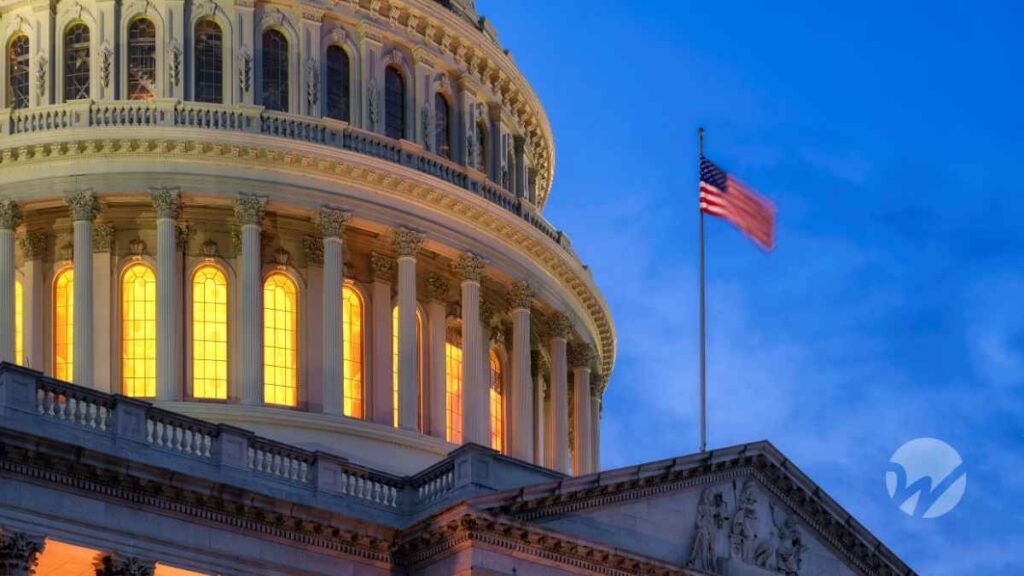7/8/2025: OBBBA was signed into law on July 4, 2025. Read our breakdown of the biggest changes for closely held businesses.
As Congress works toward comprehensive tax reform, both the House and Senate have introduced proposals that aim to reshape key provisions affecting small businesses and passthrough entities.
While there is broad alignment on several measures, important differences remain. This summary outlines the major provisions under consideration, highlighting where the two chambers agree and where their approaches diverge, with a focus on the implications for small business planning and compliance.
Fixed Assets
Both the House and Senate versions align which would allow business to be able to fully deduct the cost of qualified assets acquired between January 20, 2025, and January 1, 2030, using a 100% deduction. Section 179 expense limit would be doubled from $1.25 million to $2.5 million with the phase out beginning at $4 million. Both provisions are aimed at increasing capital investments made by businesses.
Other Expenses
EBITDA-Based Limitation
Business interest expense limitation, Section 163(j), reinstates the EBITDA-based limitation through 2028. The Senate version would also reinstate the EBITDA-based limitation but would have no expiration date.
R&D Expenses
Under current law, domestic R&D expenses under Section 174 are currently required to be added back to taxable income and then amortized over five years. The House proposal would change this by allowing those expenses to be fully deductible through the 2028 tax year. Foreign R&D expenses would continue to be added back and amortized over 15 years. The Senate version mirrors these provisions but goes further by making the deduction permanent. Additionally, it would permit small businesses to retroactively apply the rules back to the 2022 tax year and would also allow for an accelerated deduction of any remaining amortized Section 174 expenses.
Passthrough Owner Implications of OBBBA
Section 199A and the QBI Deduction
The Qualified Business Income (QBI) Deduction under Section 199A would be made permanent in both the House and Senate versions of the legislation. However, the House version proposes increasing the deduction rate to 23%, while the Senate version retains the current 20% rate. Additionally, while the Senate version only adjusts the phaseout thresholds, the House version introduces new limitations, particularly affecting Specified Service Trades or Businesses (SSTBs). Under the House proposal, SSTBs would lose eligibility for the deduction entirely once a taxpayer’s income exceeds certain thresholds.
Differences in proposed SALT deduction
The treatment of the State and Local Tax (SALT) deduction differs between the House and Senate proposals. The House version raises the SALT deduction cap to $40,000 but disallows Pass-Through Entity Taxes (PTET) for Specified Service Trades or Businesses (SSTBs). In contrast, the Senate version does not specifically address SSTBs but introduces a new limitation structure: all pass-through entity owners would be allowed to deduct up to $10,000 under the individual SALT cap, plus the greater of (1) $40,000 or (2) 50% of the PTET. Both proposals would impose additional reporting requirements on pass-through businesses to ensure that owners accurately report state income taxes for itemized deduction purposes.
Excess Business Losses
Excess business losses under Section 461(l) starting with January 1, 2025, would no longer convert to net operating loss (NOL). Business losses disallowed before January 1, 2025, are not affected. The House and Senate are similar in their proposals; however, the Senate version has some favorable changes for estates and trusts allowing the same treatment for beneficiaries when the estate or trust terminates.
Summary of Key Differences
The proposed changes in both the House and Senate versions of the legislation reflect a shared goal of enhancing tax incentives for business investment, innovation, and operational flexibility. While both versions align on several key provisions—such as full expensing of qualified assets, permanency of the QBI deduction, and expanded Section 179 limits, they diverge in their treatment of passthrough entities, SALT deductions, and R&D expensing. The House version generally offers more generous deductions but introduces stricter limitations for certain taxpayers, particularly SSTBs. The Senate version, while more conservative, provides broader applicability and additional relief for small businesses. Ultimately, the final legislation will have significant implications for tax planning and compliance, especially for passthrough businesses navigating the evolving landscape of federal and state tax coordination.
As always, we will keep you updated on developments as they occur. If you have any specific questions related to the proposed legislation and its impact on your business, reach out to your Wegner CPAs tax advisor for guidance.
This information is accurate as of June 25, 2025. Legislative developments related to the One Big Beautiful Bill Act (OBBBA) are ongoing, and the potential impacts on small businesses may change. We will continue to monitor updates and share relevant guidance as it becomes available.


